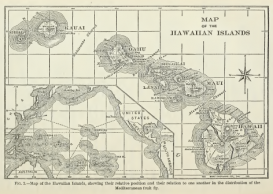The aspirations of the modern state have been bound up inextricably with governance over non-human nature. Territoriality has usually been conceived in terms of the delineation of space for purposes of rule over human populations. From the nineteenth century onwards, however, modern states increasingly extended the mission of governance over species, ecologies, and living landscapes. In diverse parts of the world, scientists and other experts became central participants in states’ attempted supervision and control over the geophysical processes and biological relationships that defined landscapes and ecosystems.
This project focuses on two lines of research related to science, state power, and the Earth’s physical and biological systems. The first is a volume on “Expertise, Scientific Authority, and Governance in the Age of the Anthropocene” to be co-edited with Dr. Lucas Mueller of the University of Geneva. This endeavor seeks to explore, from a historical perspective, what is today the all too visible problem of the simultaneously necessary and suspect character of scientific authority in an era of anthropogenic environmental change.
This project will also advance a longer-term research program on agriculture and state power in the post-1898 insular empire of the United States—especially in Hawai‘i, the Philippines, Guam, and Puerto Rico. This work examines how the layered nature of the international system, the historical production of “international science,” and the workings of biopolitical governmentality together shaped the confluence of science and state power in the United States’ archipelagic empire in the early twentieth century.

